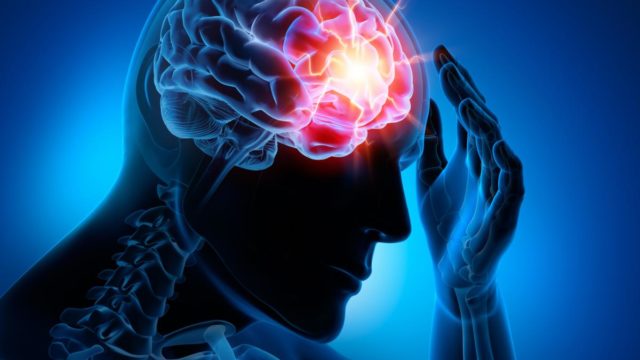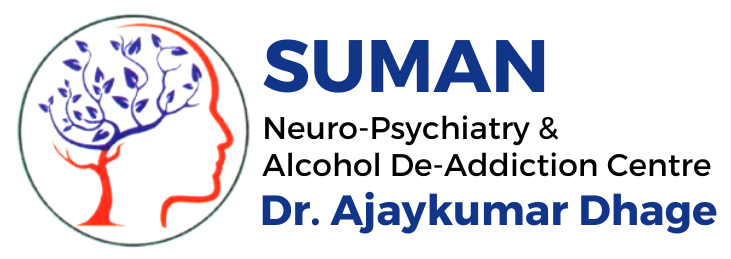Epilepsy (Fits) & Headache Treatments

What is Epilepsy?
Epilepsy is a neurological condition that causes unprovoked, recurrent seizures. A seizure is a sudden rush of abnormal electrical activity in your brain. Doctors diagnose epilepsy when you have two or more seizures with no other identifiable cause.
Epilepsy affects 50 millionTrusted Source people around the world, according to the World Health Organization (WHO) and nearly 3.5 millionTrusted Source people in the United States, per the Centers for Disease Control and Prevention (CDC).
Anyone can develop epilepsy, but it most commonlyTrusted Source onsets in young children and older adults. According to research published in 2021, men develop epilepsy more often than women, possibly because of higher exposure to risk factors like alcohol use and head trauma.
What are the symptoms of epilepsy?
Seizures are the main symptom of epilepsy. Symptoms differ from person to person and according to the type of seizure.
Focal (partial) seizures
A focal aware seizure (previously called simple partial seizure) does not involve loss of consciousness. Symptoms include:
- alterations to sense of taste, smell, sight, hearing, or touch.
- dizziness.
- tingling and twitching of limbs.
Focal unaware seizures (previously called complex partial seizures) involve loss of awareness or consciousness. Other symptoms include:
- staring blankly.
- unresponsiveness.
- performing repetitive movements.
How is epilepsy diagnosed?
If you suspect you’ve had a seizure, see a doctor as soon as possible. A seizure can be a symptom of a serious medical issue.
Your medical history and symptoms will help your doctor decide which tests will be helpful. They’ll likely give you a neurological examination to test your motor abilities and mental functioning.
To diagnose epilepsy, other conditions that cause seizures should be ruled out. A doctor will probably order a complete blood count (CBC) and chemistry of your blood.
Blood tests may be used to look for:
- signs of infectious diseases.
- liver and kidney function.
- blood glucose levels.
Treatment for epilepsy may help you have fewer seizures or stop seizures completely.
Your treatment plan will be based on:
- The severity of your symptoms.
- Your health.
- How well you respond to therapy.
If you have any emergency Doctor’s need, simply call our 24 hour emergency
Your personal case manager will ensure that you receive the best possible care.
Call Now (toll free)
Popular Services
Contact Us
- Behind Canara Bank, Near Old RTO Cross, Sedam Road, Kalaburagi
- [email protected]
- 08472-265086 / 796043

Copyright © 2022 Suman Hospital. All rights reserved
Developed By: Viral Boostup | +91 9110278059

